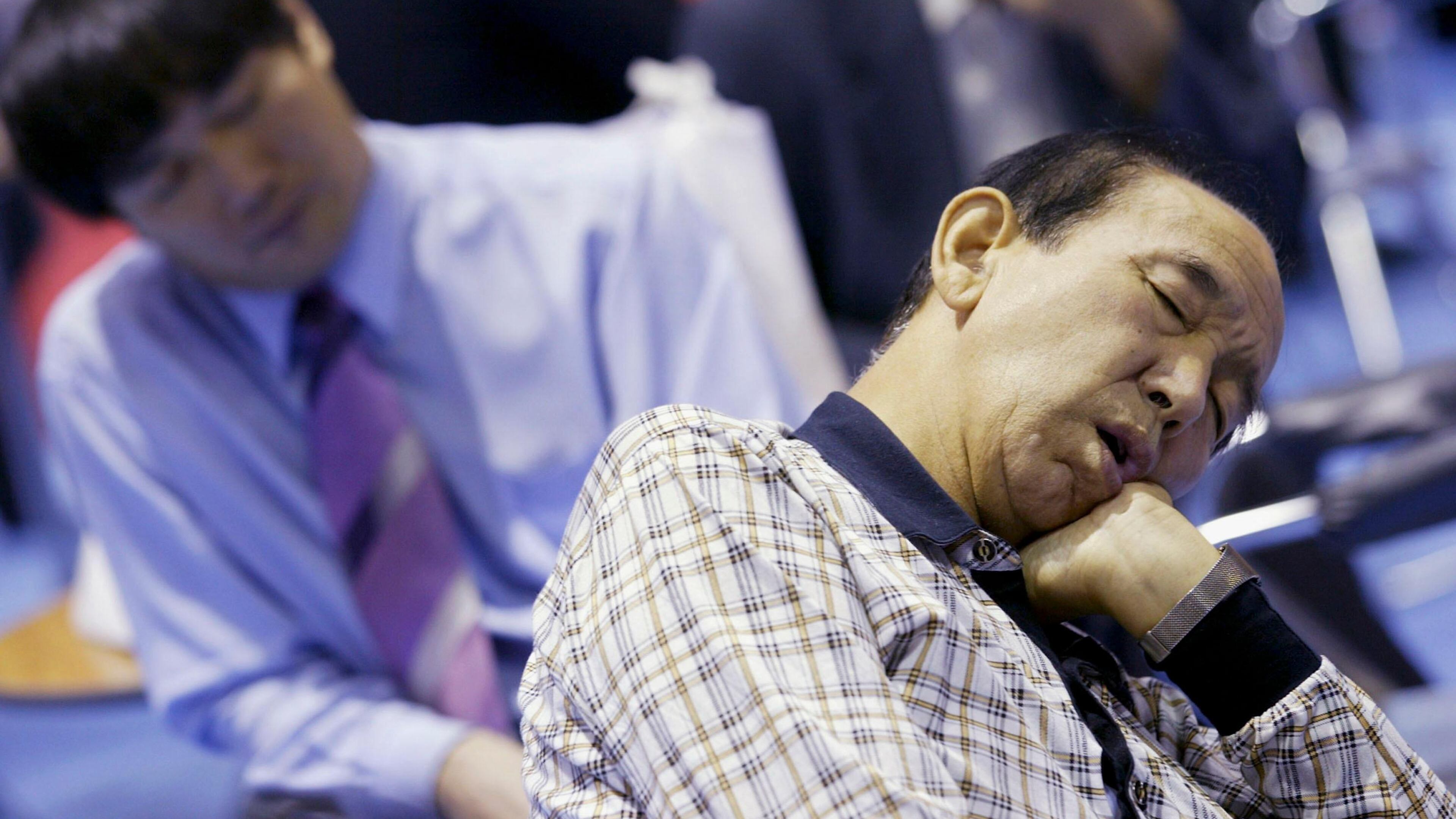Older adults more forgetful because brain rhythms don’t sync during sleep, study says

Wonder why people tend to forget more as they age? Their changing sleep patterns may have something to do with it, according to a new report.
Researchers from the University of California, Berkeley recently conducted an experiment, published in the Neuron journal, to determine how brain rhythms in sleep can affect memory loss.
To do so, they examined 20 young adults and 32 people in their 60s and 70s. They asked both groups to memorize 120 pairs of words, and they observed their sleeping patterns by using electrodes, a device that monitors the electrical waves produced by the brain. They paid close attention to slow waves, which occur every second, and fast waves or sleep spindles, which happen about 12 times a second.
The next morning, the participants took a test, which tasked them with recording the word pairs they could remember. After analyzing the results, they found the brain waves among older adults were less synchronized and they recalled fewer word pairs, compared to the younger subjects.
Why is that?
"Like swinging a tennis racket during a ball toss to serve an ace, slow and speedy brainwaves during deep sleep must sync up at exactly the right moment to hit the save button on new memories," the researchers wrote in a statement. "As the brain ages, it cannot precisely coordinate these two deep-sleep brain waves. The mistiming prevents older people from being able to effectively hit the save button on new memories, leading to overnight forgetting rather than remembering."
Furthermore, researchers revealed an aging brain doesn’t coordinate deep-sleep waves, because of degradation or atrophy of the medial brain cortex, the area known for for generating deep snooze.
“The worse the atrophy in this brain region of older adults, the more uncoordinated and poorly timed are their deep-sleep brainwaves,” they said. “But there is a silver lining: Sleep is now a new target for potential therapeutic intervention.”
That's why scientist hope to administer further investigations that use electrical brain stimulation to help sync the slow and fast waves.
"By electrically boosting these nighttime brainwaves," they said, "we hope to restore some degree of healthy deep sleep in the elderly and those with dementia, and in doing so, salvage aspects of their learning and memory."

